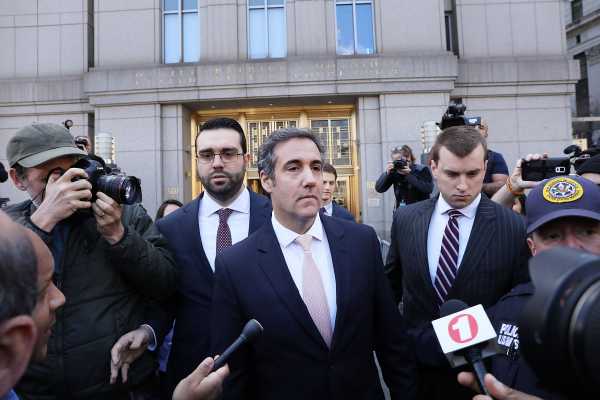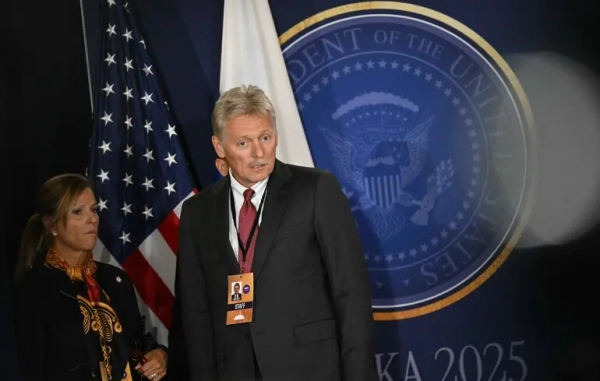
It turns out Michael Cohen was using his shell company to do a lot more than pay off Stormy Daniels. He was also using it to take in hundreds of thousands of dollars from Russian oligarchs and major international corporations to — well, that’s what we don’t know.
AT&T, which paid his company, Essential Consultants LLC, up to $600,000, says it was for “insights” into the Trump administration. Novartis says it was for Obamacare advice that didn’t really pan out. Korea Aerospace Industries wanted legal advice on accounting standards.
Cohen’s shell company appears to have taken in about $4.4 million in 2017 and early this year, and details about it are still scant. Worst-case scenario: The money was for something illegal. Best case: Companies and Cohen were making sleazy-looking deals for services it’s not clear Cohen was really able to deliver.
For now, the revelations, which started with a document release from Daniels’s attorney, Michael Avenetti, have led to more questions than answers: How normal is this? Is it legal? What did a firm such as AT&T, which is currently fighting the US government for approval of its proposed $85 billion takeover of Time Warner, seek to get out of its payment to Cohen, and did it get it? What about Novartis, which paid Cohen more than $1 million, a large chunk of the about $9 million it spent on lobbying last year?
“It’s a classic effort to buy access and influence using someone who was publicly seen as very close to the president,” said Fred Wertheimer, head of the watchdog group Democracy 21. “This is the swamp that President Trump said he wanted to clean up, but [he] was simply pulling a scam on the American people because he never intended to do anything about it, and he hasn’t done anything about it.”
What Cohen did is unusual, but it might not be illegal
In Washington, it is relatively commonplace for companies and others to pay lobbyists and advisers to help them advance their causes and gain influence among lawmakers and policymakers. Corporations spend billions of dollars on lobbying each year. Whether what Cohen did is legal will depend on the exact nature of his work and details that are still to come.
“You have to wait for the facts to be developed, and we don’t know the facts,” said Shira Scheindlin, a former US district judge for the Southern District of New York. “It seemed that people were paying him because he was close to the president and knew the president and had access to the president, and that begins to sound more like lobbying when you can reach the president; that begins to sound more like lobbying when you can reach the president and get your client a lunch or a dinner.”
It is legal for companies to hire a consultant to give them advice — including one close to the president. But if Cohen were being paid to lobby the administration and talk to the White House on behalf of the companies, he should have registered as a lobbyist, which he did not.
AT&T in its statement on its payments to Cohen specified that he was not paid to lobby. Under
Sourse: vox.com






